Terpenes and cats – education for concerned cat owners
With the emergence of CBD products for pets came a widespread misconception that particularly affected cat owners. One article claimed that cats cannot tolerate terpenes because they cannot metabolize them. This misinformation spread quickly and is now appearing on the first pages of Google search results. But what is behind this claim?
The origin of the misunderstanding
The myth appears to have originated in an article about using CBD on dogs and cats. The author pointed out that cats are sensitive animals and formulated the critical statement: "Cats cannot metabolize terpenes." This claim, without scientific justification or reference to the source, was adopted by other sites and spread in identical wording.
Spreading misinformation
If you google cats and terpenes, you will find on the first pages almost exclusively results about the alleged intolerance of terpenes in cats. What is striking is that around 95% of these pages come from manufacturers of CBD products or from so-called “independent” advice websites. The presumed copies of each other reinforce the impression that the information has not been sufficiently verified.
Consequences for insecure cat owners
Because of these supposed facts, many cat owners have become cautious and avoid giving their animals products containing terpenes. But how justified is this reluctance? Owners who want to give their animals natural and, above all, herbal nutritional supplements inevitably come across terpenes.
The diversity of terpenes
Terpenes are secondary plant substances that occur in all plants. Many foods suitable for cats contain terpenes. Cranberries, nettle, catnip, licorice root, turmeric root, carrots, mushrooms, grass, lamb's lettuce, rose, valerian - all of these plants or parts of plants contain terpenes. But terpenes are not the same as terpenes.
Terpenes in detail
It is important to understand that there are different types of terpenes, including monoterpenes, tetraterpenes, sesquiterpenes, and diterpenes. For example, valerian contains monoterpenes, carrots contain tetraterpenes in the form of carotenoids, mugwort contains sesquiterpenes such as artemisinin and retinol in the form of diterpenes in carrots.
The myth of catnip
A good example of uncertainty is catnip, which contains iridoid terpenes and yet is often portrayed as unsuitable for cats. The statement that cats generally cannot tolerate essential oils is also incorrect. Essential oils always contain terpenes, which are responsible for the characteristic smell.
The Science of Terpenes
To clear up the confusion, let’s take a look at the chemical composition of terpenes. These compounds contain carbon or hydrocarbons and occur naturally primarily in plants. With over 20,000 different terpenes, it becomes clear that the blanket statement “cats cannot tolerate terpenes” is simply wrong.
The diversity of terpenes
It is virtually impossible to create a complete list of all the terpenes that cats can or cannot tolerate. An example is the hemp plant, which contains some terpenes that can be harmful to cats. Here it is important to rely on scientifically based information and not to condemn all terpenes across the board.
Education and knowledge exchange
It's time to share this article and promote education about terpenes in cats. On social media, pet forums, Instagram, or in personal messages to other cat owners, this important information can help clear up misunderstandings and improve cat welfare.
Finally, it is important to emphasize that not all terpenes are harmful to cats . This insight is important to reassure concerned cat owners and reassure them that not all terpenes are created equal. Thanks to scientific research and education, we can continue to offer our cats natural and healthy nutritional supplements without putting them at unnecessary risk.
We at CALMA can reassure you and tell you that our CBD cat oil was developed specifically for cats. It contains 0.0% THC + 0.0% terpenes and is therefore compatible with your cats!


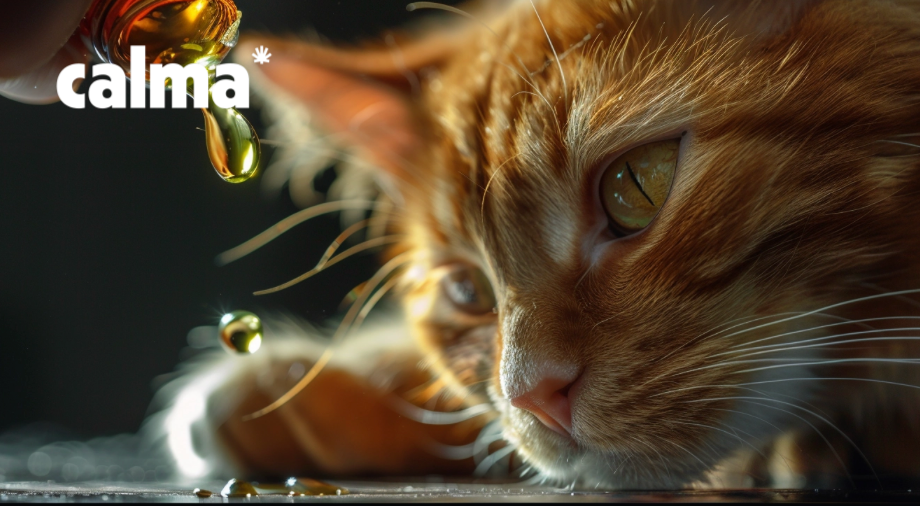



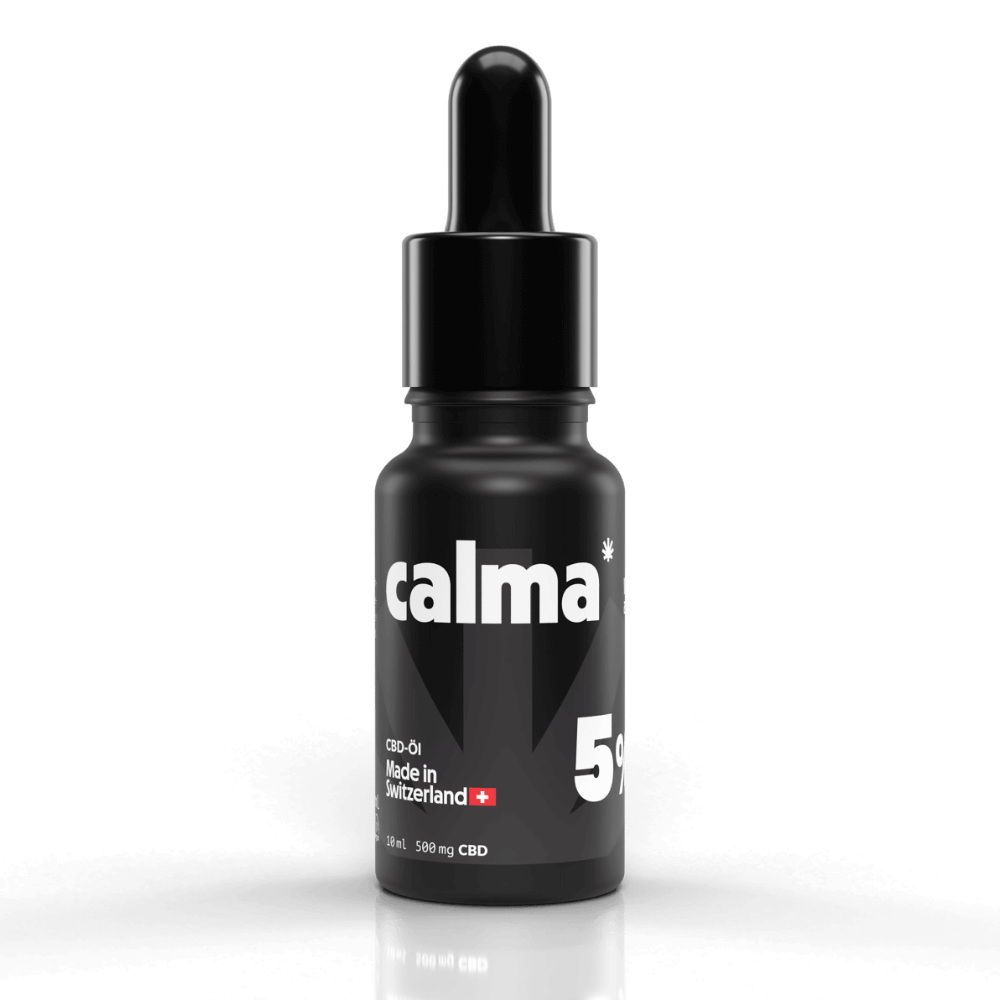

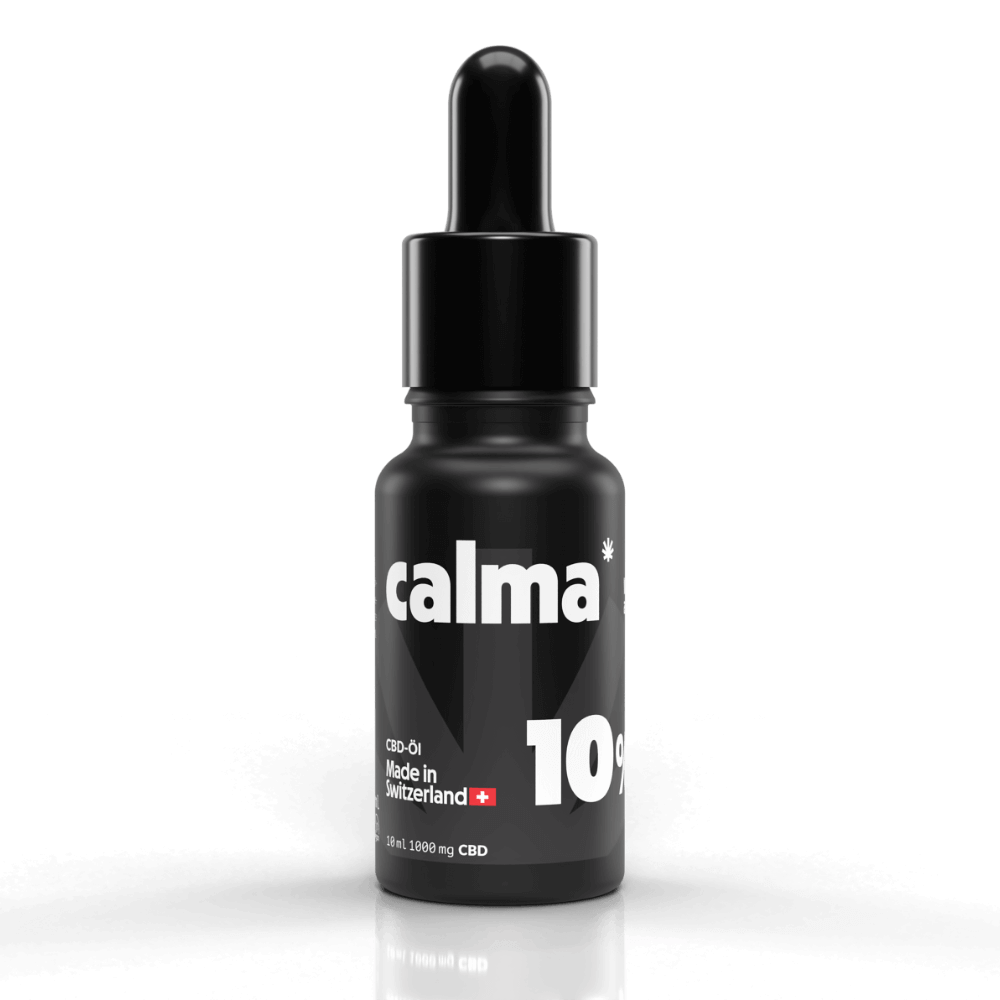

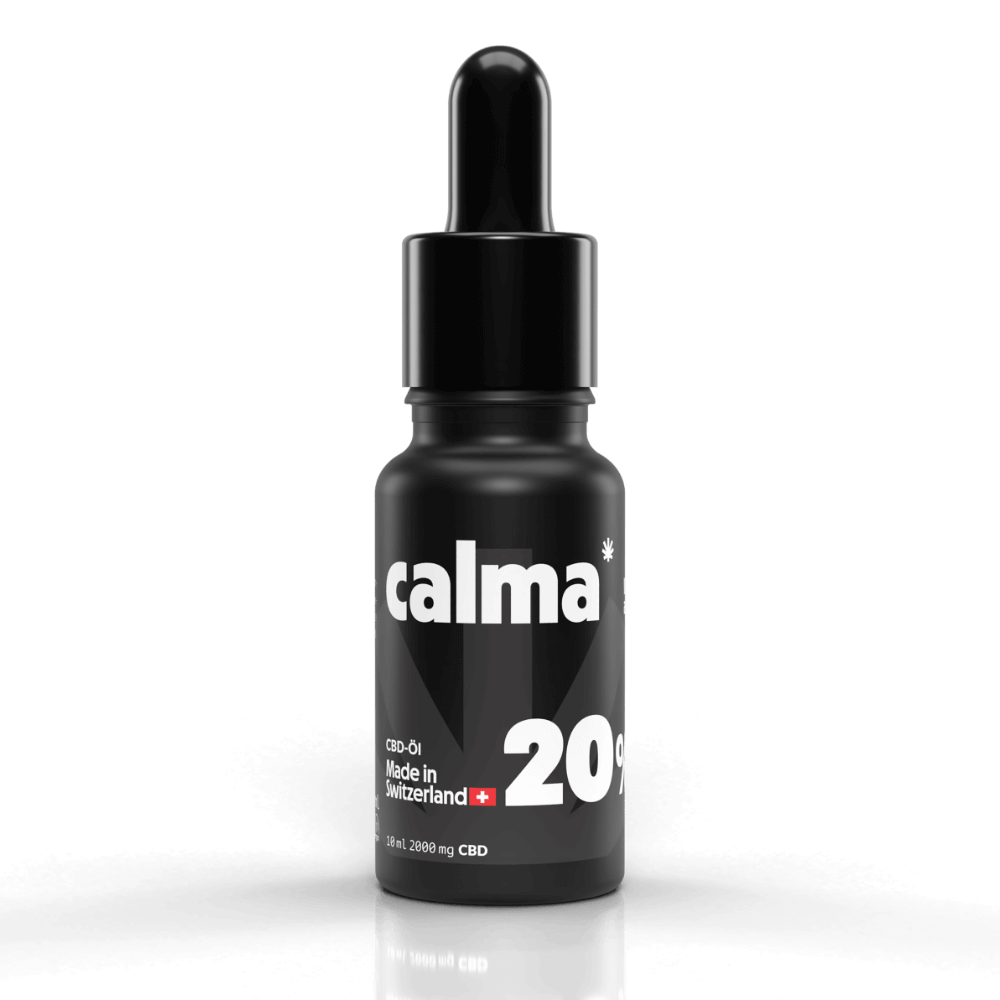

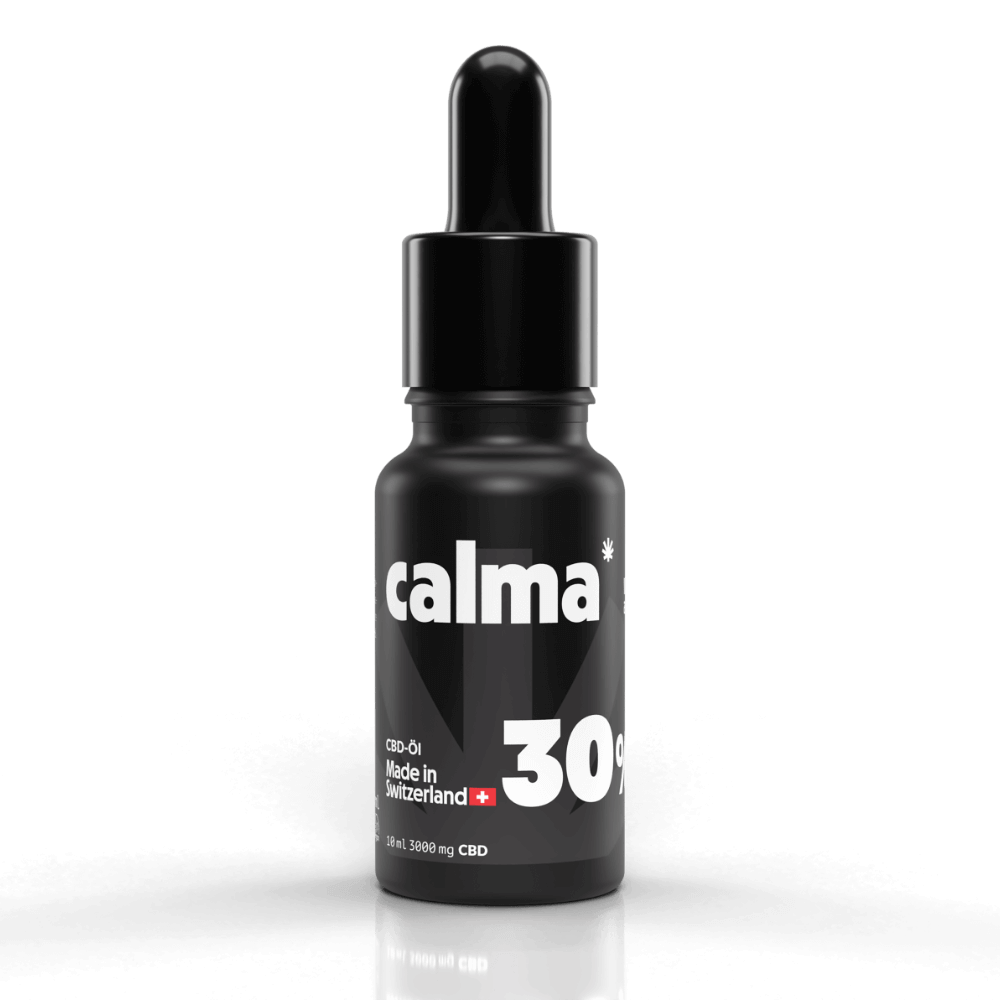

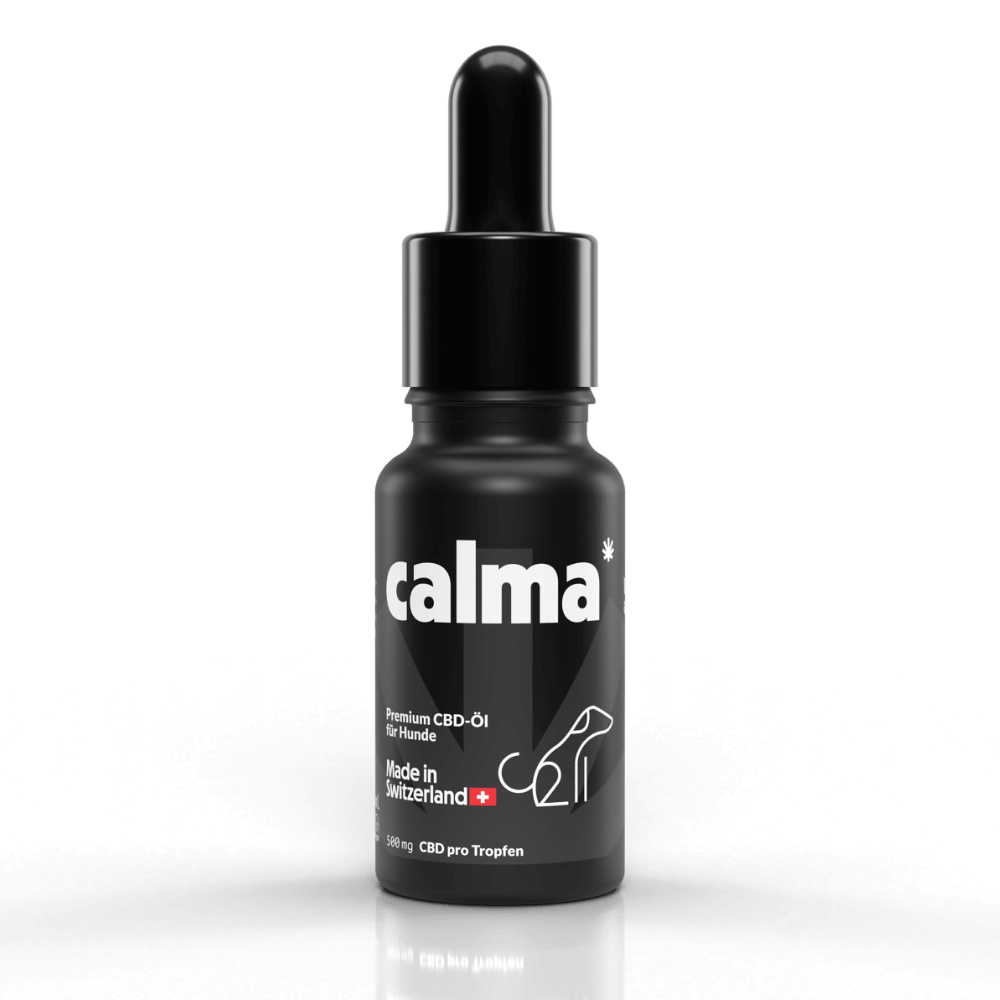

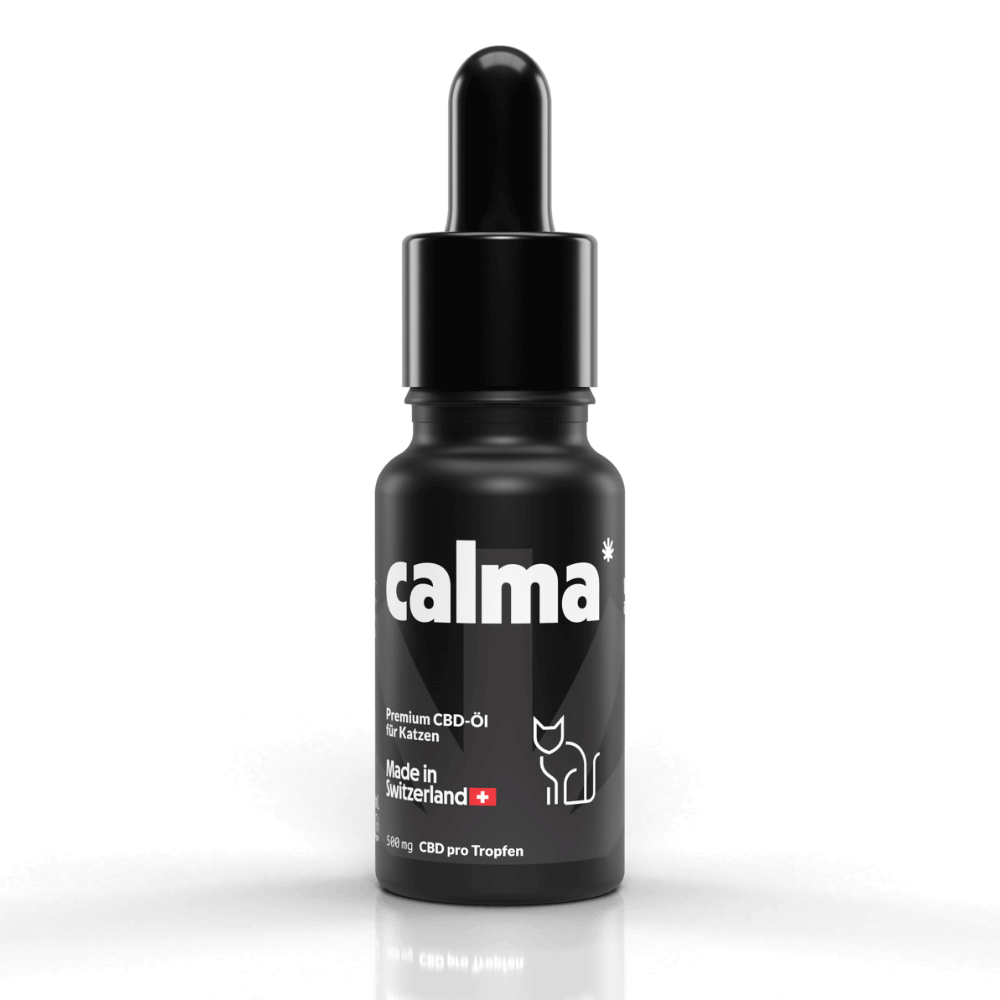

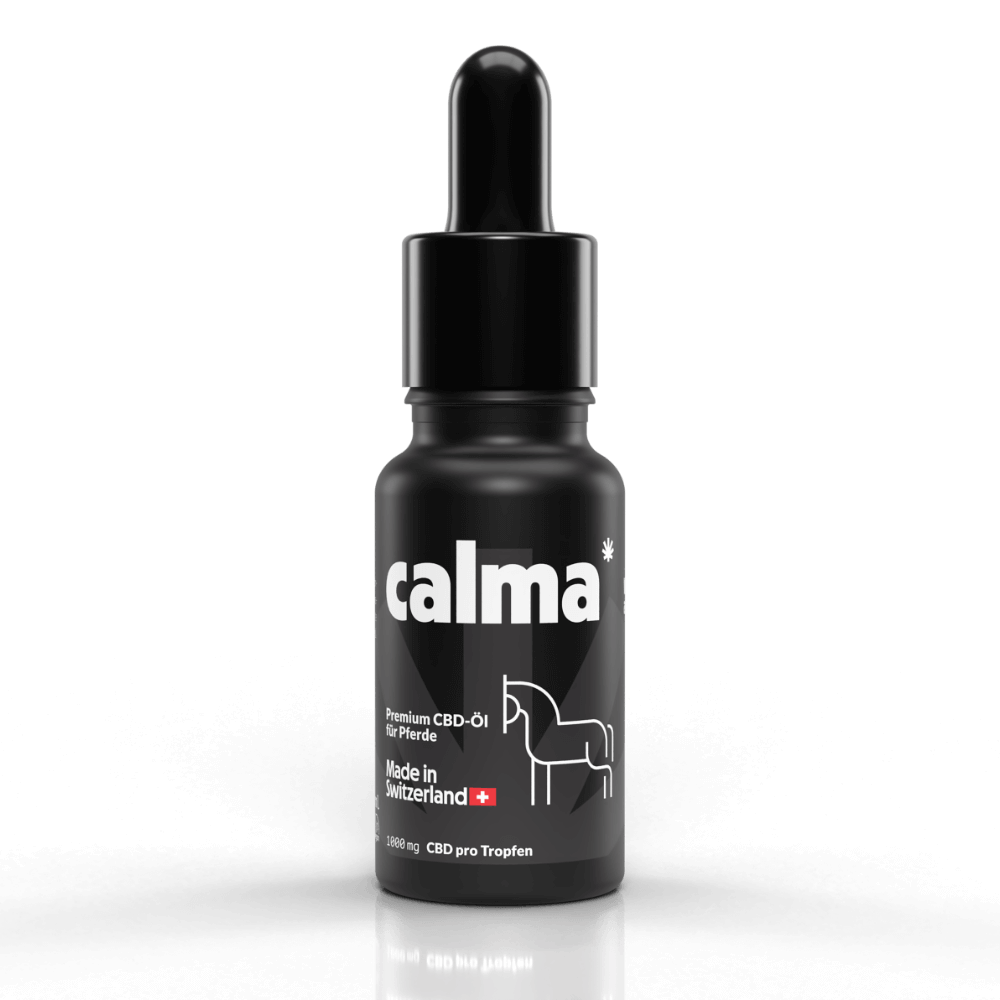

Leave a comment
All comments are moderated before being published.
This site is protected by hCaptcha and the hCaptcha Privacy Policy and Terms of Service apply.